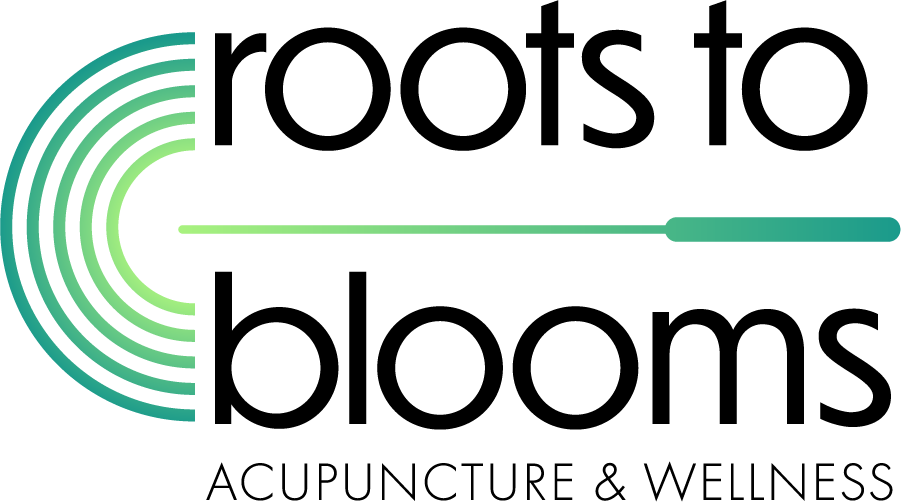Who Prescribed You All of Those Supplements?
As an acupuncture physician and nutritionist, many of the people on my daily schedule are looking for alternatives to the industrial medicine complex and its reliance on pharmaceutical interventions.
While pharmaceuticals are fast-acting, which makes them attractive in our modern society of quick fixes, their side effects are often intolerable and at times even deadly, so patients look for “natural” and holistic alternatives.
According to industry analyst ibisworld.com, the market size of the supplement industry in the United States was $39.6 billion in 2023. That’s a lot of people taking a LOT of supplements; $1165 per every person in the country, in fact.
So who is taking all of those supplements? Anyone and everyone thanks to social media influencers, health and lifestyle coaches, podcasts, health food stores, vitamin shoppes, MLM side hustles, Google, and word of mouth.
Here's what I want to know: who among those listed above has actually studied the body, its chemistry, and its nutritional requirements? Who is qualified to recommend supplements to whom? And who is responsible when someone takes a supplement recommended by someone who has no training or medical license?
Often nobody is on the hook and the Food and Drug Administration (which does NOT regulate supplements, by the way) will ban a misused supplement. Ephedra and fang ji come quickly to mind. Both were used as single ingredients for weight loss. In Traditional East Asian Medicine, we do not use single ingredients; we use multiple ingredients that make up formulas. The reason for this is to balance and negate potential side effects of some ingredients. The misuse of our medicine by those who don’t understand its nuances has lost us the ability to use these ingredients, even responsibly, in our own practices.
I had a patient bring in a shopping bag of supplements to her first appointment. As we chatted, I asked why she took each one, how long she had been taking them, and who prescribed them. Some were self-prescribed based on word of mouth and Google searches, others she heard about in a podcast, and others were suggested to her when she had cancer several years earlier.
I lined up all her supplements along the rug in my waiting room and grouped them together by their actions in and on the body.
She was taking multiple forms of the same nutrients, several B vitamins that were worsening her condition, and a supplement based on a single Traditional East Asian Medicine ingredient that wasn’t even the correct part of the plant.
I took her off all the supplements except for two of them.
Within a couple of weeks she was sleeping better and her blood pressure had gone down 20 points.
I explained to her what I tell all of my patients who ask about supplements:
These are substances that can be powerful medicines; they require knowledge of how the body works, not just how the supplement works;
Supplements are used for a short time to correct imbalances then are stopped; supplements should not be taken “forever” like pharmaceuticals;
Not all supplements are good or useful; just because someone’s mother had good results on a supplement, doesn’t make it good for everyone else;
Supplements made of real food are better for the body than lab grown supplements.
If you have questions about nutrition, supplements, and health, please seek out a qualified and licensed practitioner. For a deep dive into your current supplements, medications, and diet schedule a Nutritional Consultation with our licensed acupuncturist at Roots to Blooms Acupuncture & Wellness.


